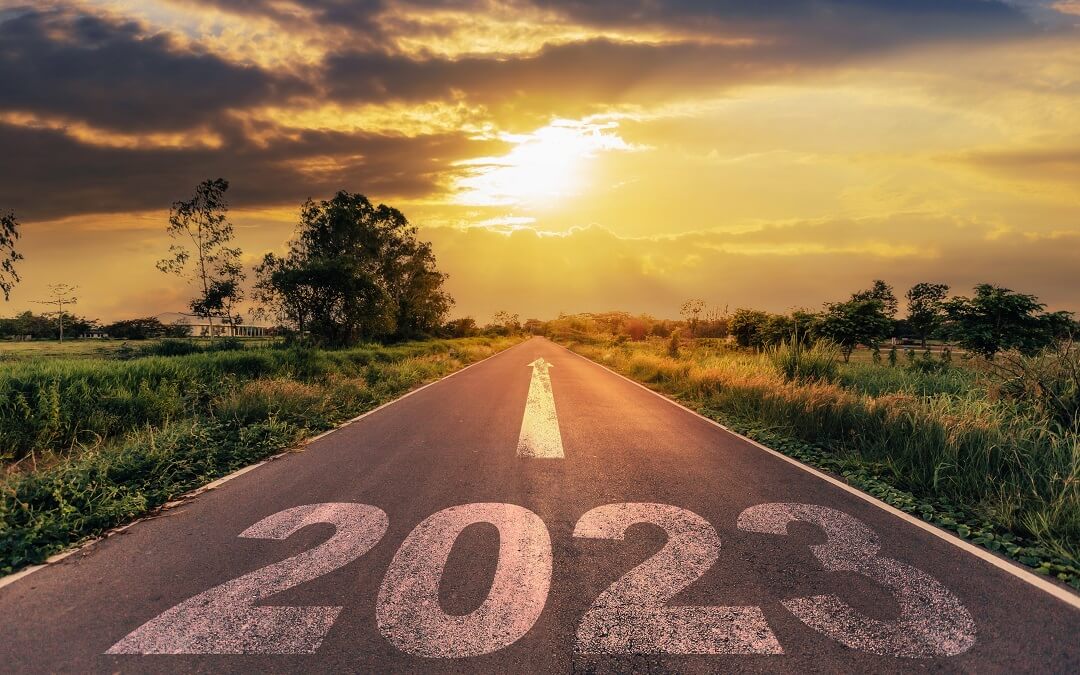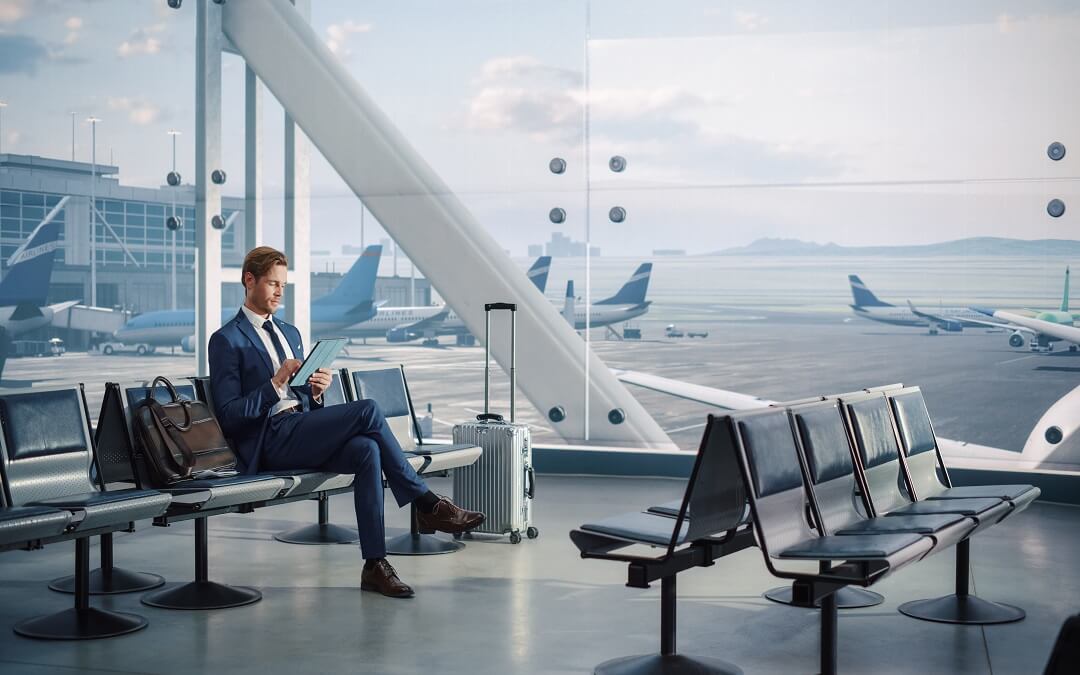- People & Culture
- Uploaded In: 2020
How companies are adapting to millennial mindsets
Millennials (the generation of people born in the 1980s and 90s, and who have reached young adulthood in the 21st century) recognise the benefits of automation in terms of productivity, possibly faster than their parents. Generally, they tend to be more inclined towards machine learning and digital platforms to facilitate business insights and decision-making in both professional and personal spheres. Here is how they are poised to evolve the workplace for the better.
As millennials inundate the workforce and work neck-and-neck with a different generation of colleagues, corporate leaders, too, are seeking to understand what makes these talented and dynamic workers tick so that they can attract, engage, and retain them to re-shape the dynamism of the workplace in coming years.
By 2025, over 75% of the workforce will comprise millennials who are well connected with technology which enables them to be more adept consumers as well, shopping for what best meets their needs relative to the lifestyles they want.
Rising aspirations
Millennials aspire for freedom and flexibility, reflected by their high value placed on a work-life balance. They are turned off by rigid corporate structures and expect constant feedback, rapid progression, and a varied and interesting career. With ambition and desire to keep learning and move quickly upward through an organisation, this requires a focused response from employers as they tend to move on if their expectations are not being met.
Many organisations are changing their work environment to suit the younger generation, adopting an inclusive approach, and ensuring that all different generations work together with equal opportunity and representation - even in leadership roles. An overwhelming number of companies are also re-training people to use new technologies or redesign jobs to take advantage of the digitally inclined skills of this workforce.
To retain their competitive advantage, companies will need to keep reinventing the fundamentals of HR. Once this new pool of talent is part of the workforce, retaining it will require constant effort from the HR team.
'Reverse mentoring' a part of new retention programmes
As millennials need an engaging workplace, many organisations are doing away with formal attire to semi-formal or smart work formals. HR professionals are coming up with new retention programmes like flexible work hours, remote working, and collaborative workspaces.
Some are even organising reverse mentoring programmes to pair older and/ or senior executives with younger employees to enable a crossflow of ideas and expertise.
While skilled people are good at certain roles, companies are looking for people who are curious to learn and can seamlessly move from one role to the other. Apprenticeships, online courses and certifications are being encouraged to stay relevant in the rapidly changing industry scenario.
Embracing workforce diversity
Organisations need to harness thought diversity as an important aspect of workforce diversity. The focus should be on harnessing the full potential of people - a mix of full-time employees, freelancers, young and old, and all genders - by acknowledging and encouraging each person's unique perspective and way of thinking.
Traditional performance ratings, year-end rankings and reviews may eventually be phased out in some setups. HR will employ analytics to understand the needs of people in a customised, individual-specific manner and provide solutions through mobile technology and newer platforms to reduce the effort spent on redundant processes.
As millennials' sense of self-determination and exploration continues to grow, it becomes challenging for companies to find them - and retain them. Hence, organisations will need to keep pushing the boundaries of employee engagement and find answers in new-age tools and ideas, to keep this new crop of employees engaged, motivated, and committed to adding value to common organisational goals.
If you have any feedback on this article or would like to reach out to our team to know more, please email us at
communications@vfsglobal.com








